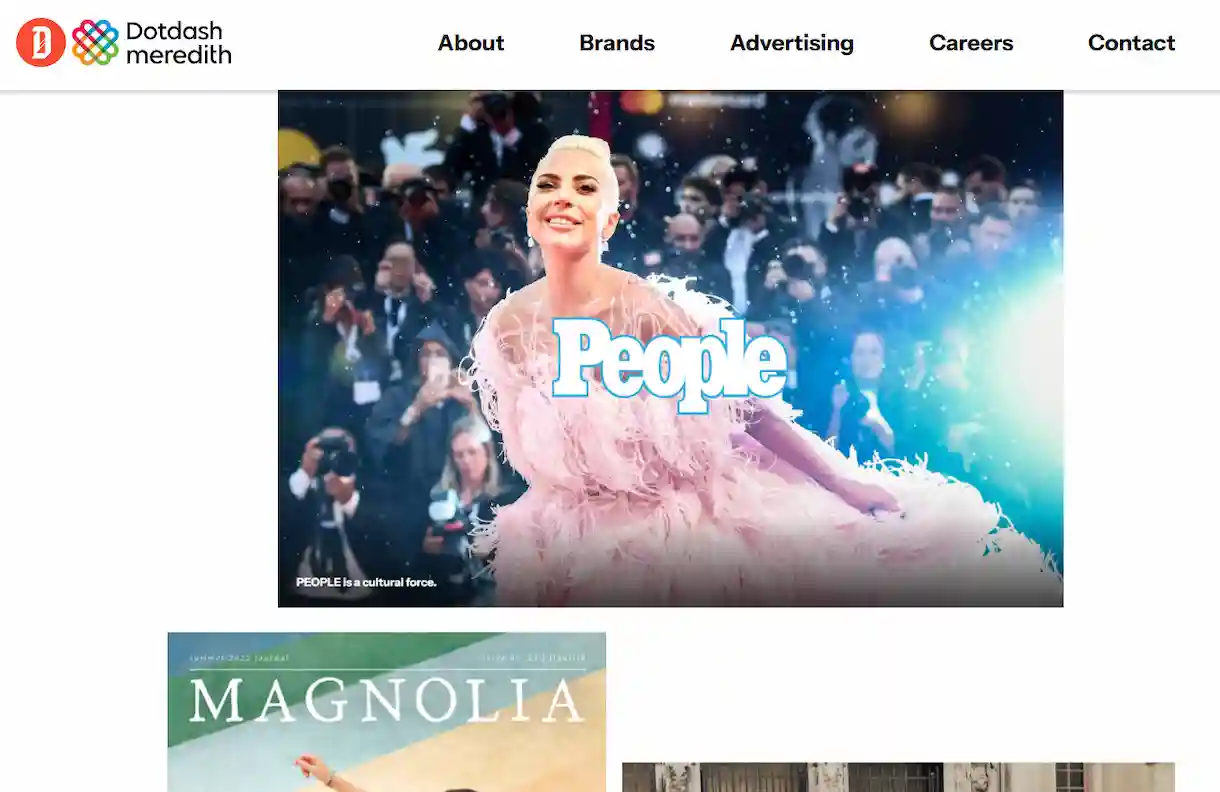It’s not news to learn about OpenAI’s agreements with media outlets because they are made public.. What’s less transparent is the amount and details of these agreements, which generally remain confidential under contract. The novelty here is that the payment made to the American group Dotdash Meredith has now been disclosed.
According to Adweek, this group—owned by The New York Times until 2012—receives at least $12 million annually from OpenAI, as indicated by public financial documents from IAC, Dotdash Meredith’s parent company. The total amount of the deal is likely higher, as this figure represents only the fixed payment. Additionally, there is a variable component that has not been precisely determined.
The agreement between the company led by Sam Altman and Dotdash Meredith was announced in May, granting ChatGPT access to journalistic content from over 40 iconic media brands, including PEOPLE, Better Homes & Gardens, FOOD & WINE, Verywell, InStyle, and Investopedia. The deal also includes collaboration on Meredith’s cookieless ad-targeting solution.
Little else is known about the financial terms of OpenAI’s agreements. For instance, the amount paid to the Spanish media group PRISA remains undisclosed, although the typical duration of these agreements is usually 2 or 3 years. A notable exception is the deal with media giant News Corp, which spans 5 years and is valued at $250 million over that period. The agreement with Axel Springer, lasting 3 years, is estimated to be worth between $25 and $30 million.
This deal adds to those made with Condé Nast, TIME, Hearst, and many others. While Google, Microsoft, Meta, and other major players in the generative AI market also have agreements with media companies, OpenAI has emerged as the leader in pursuing this licensing model.
Note: Article originally written in Spanish, translated with ChatGPT, and reviewed in english by Jorge Mediavilla.

